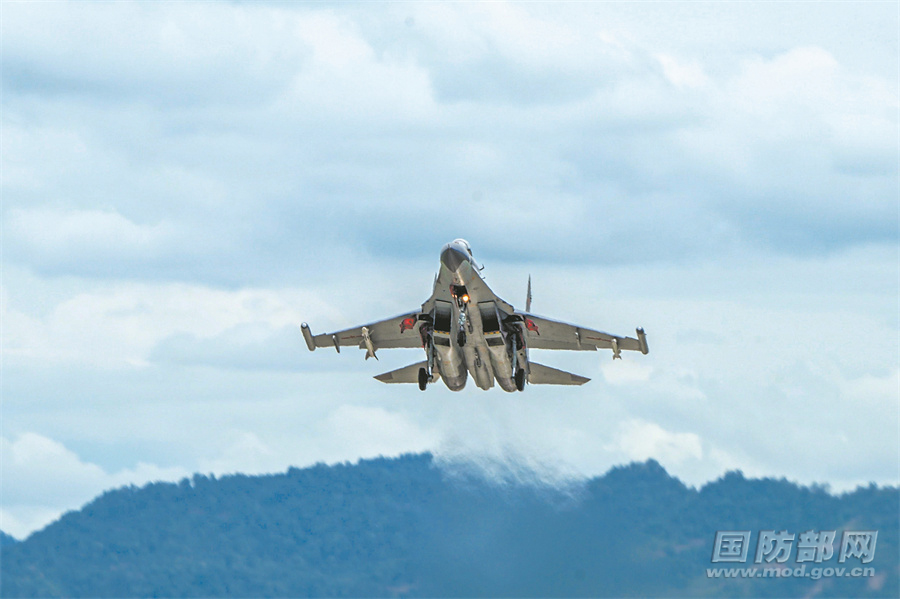China wrapped up two days of intensive military exercises around Taiwan, simulating attacks with bombers and practicing ship boardings. The drills, named "Joint Sword - 2024A," began shortly after Lai Ching-te was inaugurated as Taiwan's president. Beijing condemned Lai as a "separatist," using his inaugural speech as justification for the military maneuvers, which Taiwan denounced as a blatant provocation.
Chinese state television confirmed the conclusion of the exercises on Friday, while the People's Liberation Army Daily detailed the two-day duration from Thursday to Friday. The Chinese defense ministry did not provide any additional comments.
These exercises are the latest in China's ongoing campaign to assert its claim over Taiwan, which it views as its territory despite Taiwan's self-governing status since 1949. Taiwan's defense ministry reported significant Chinese military activity during the drills, including the presence of 62 military aircraft and 27 naval ships on Friday alone. Many of these aircraft, such as Su-30 fighters and H-6 bombers, crossed the Taiwan Strait's median line, an unofficial boundary that has historically helped maintain peace.
The exercises simulated strikes on key Taiwanese targets, including its leaders, ports, and airports, aiming to "cut off the island's blood vessels," according to Chinese military analysts. Taiwan's presidential office issued a statement condemning China's actions, asserting that these moves undermine the peaceful status quo in the Taiwan Strait and provoke the international order.
"The recent unilateral provocation by China not only undermines peace and stability in the Taiwan Strait but is also a blatant challenge to the international order," stated Karen Kuo, spokesperson for Taiwan's Presidential Office.
Despite the aggressive posturing, some Taiwanese lawmakers, such as Wang Ting-yu of the Democratic Progressive Party, suggested that these drills were more about making noise than escalating military tension significantly. "They were comparatively more restrained than previous ones," Wang noted on social media.

China Concludes War Games Around Taiwan Amid Escalating Tensions
However, the rhetoric from China remained heated. The People's Liberation Army Daily accused Lai of acting as a "pawn" for external forces to curb China's development. It warned that any attempts at independence would be met with decisive action from the PLA.
The United Nations and the United States called for restraint amid these tensions. The Pentagon announced that U.S. Defense Secretary Lloyd Austin would meet his Chinese counterpart Dong Jun at the Shangri-La Dialogue later this month, a gathering aimed at addressing global security concerns.
"Beijing is using this high-profile show of force to deter other countries from engaging with Taiwan," commented Wen-Ti Sung, a non-resident fellow at the Atlantic Council's Global China Hub. "This strategy aims to further isolate Taiwan, giving Beijing a stronger negotiating position."
Chinese military analyst Meng Xiangqing emphasized the strategic nature of the drills, particularly those conducted to the east of Taiwan, which the PLA views as the most likely direction for external intervention. "The drills have shown that we can control the eastern area," Meng told Xinhua.
The exercises included activities in the Taiwan Strait and around Taiwan's outlying islands, demonstrating China's ability to project power across a broader geographic scope than previous drills. Despite the scale and intensity of the exercises, analysts noted that they were not as large as those conducted in August last year.






